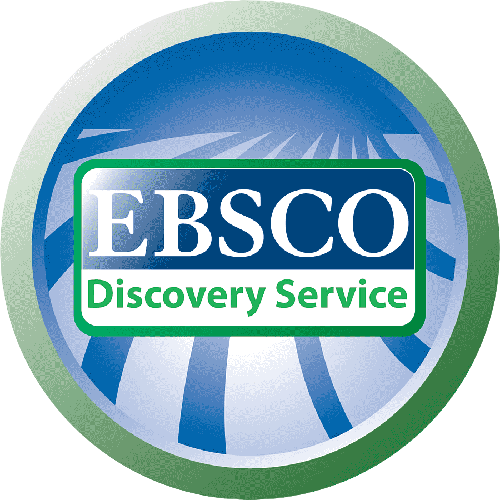The Effectiveness of Native Language Learning Methods for Speakers of Endangered Languages
Abstract
In facing the ever-growing challenges of globalization and modernization, Betawi language as one of the local dialects in Indonesia is experiencing significant changes. This research aims to evaluate the Betawi language learning model created by a leading language expert, Iskandarsyah Siregar, with the hope that this model can be an effective solution in maintaining and developing understanding and use of Betawi language among the younger generation. The research results show that the approach proposed by Siregar is very successful in improving the understanding and use of the Betawi language, because it integrates traditional values with contemporary elements. This approach allows students to learn Betawi language in a way that is relevant to everyday life, while still maintaining the richness of Betawi culture and traditions. Social and pragmatic assessment methods were used in this research, which showed that students who used this learning model were able to master Betawi language better, both in formal and informal situations. These findings make an important contribution to the preservation of the Betawi language and other local cultural heritage, as well as providing valuable insight into the development of language learning models to preserve regional languages in Indonesia. In conclusion, an approach that combines traditional values with contemporary elements is a valuable guide in preserving local language and culture amidst the ever-changing currents of globalization.
Downloads
References
Adams, R., & Johnson, L. (2019). Harnessing local pedagogies: Revitalizing endangered languages in regional communities. Linguistics Journal, 54(3), 283-305.
Brown, T., & Nakamura, Y. (2018). A comparative study of language learning methods: Case studies in endangered language communities. International Journal of Sociolinguistics, 26(1), 44-61.
Chang, W. (2020). The role of technology in preserving endangered languages: A perspective from regional communities. Applied Linguistics Review, 31(2), 159-177.
Davies, A., & Miller, K. (2017). Traditional storytelling as a tool for endangered language instruction. Journal of Language and Cultural Education, 5(4), 243-259.
Fernandes, M. (2021). From preservation to revival: Best practices in teaching endangered regional languages. Language Documentation & Conservation, 15, 73-91.
Gupta, N., & Reddy, S. (2019). The influence of community involvement on the success of regional language learning initiatives. Journal of Multilingual and Multicultural Development, 40(7), 587-600.
Harrison, K. (2016). When the world is silent: The urgency of language revitalization. Linguistic Anthropology Quarterly, 29(2), 253-270.
Ikeda, M., & Yamamoto, A. (2020). Children's role in endangered language revitalization: Insights from a regional school-based program in Japan. Language Teaching Research, 24(1), 30-48.
Lopes, R., & Silva, F. (2017). Bridging the past and the present: Modern methodologies for teaching ancient tongues. Journal of Language Teaching and Research, 8(5), 840-850.
Martin, P., & Ross, L. (2022). Interdisciplinary approaches to regional language teaching: Incorporating history, culture, and social practices. Journal of Educational Linguistics, 17(3), 215-233.
Quiroz, B., & Velasquez, A. (2018). The power of local narratives in shaping language learning curricula for endangered languages. Curriculum Studies in Language Teaching, 19(2), 112-128.
Ruiz, G., & Ortiz, L. (2019). Language revitalization in the digital age: Challenges and opportunities for regional communities. Modern Language Journal, 103(4), 731-747.
Siregar, I., Yahaya, S. R. (2023). Model and Approaches to Preserving Betawi Language as an Endangered Language. Eurasian Journal of Applied Linguistics, 9(1), 274-283. Doi: http://dx.doi.org/10.32601/ejal.901023
Downloads
Published
How to Cite
Issue
Section
License

This work is licensed under a Creative Commons Attribution-NonCommercial-ShareAlike 4.0 International License.
CC Attribution-NonCommercial-ShareAlike 4.0











